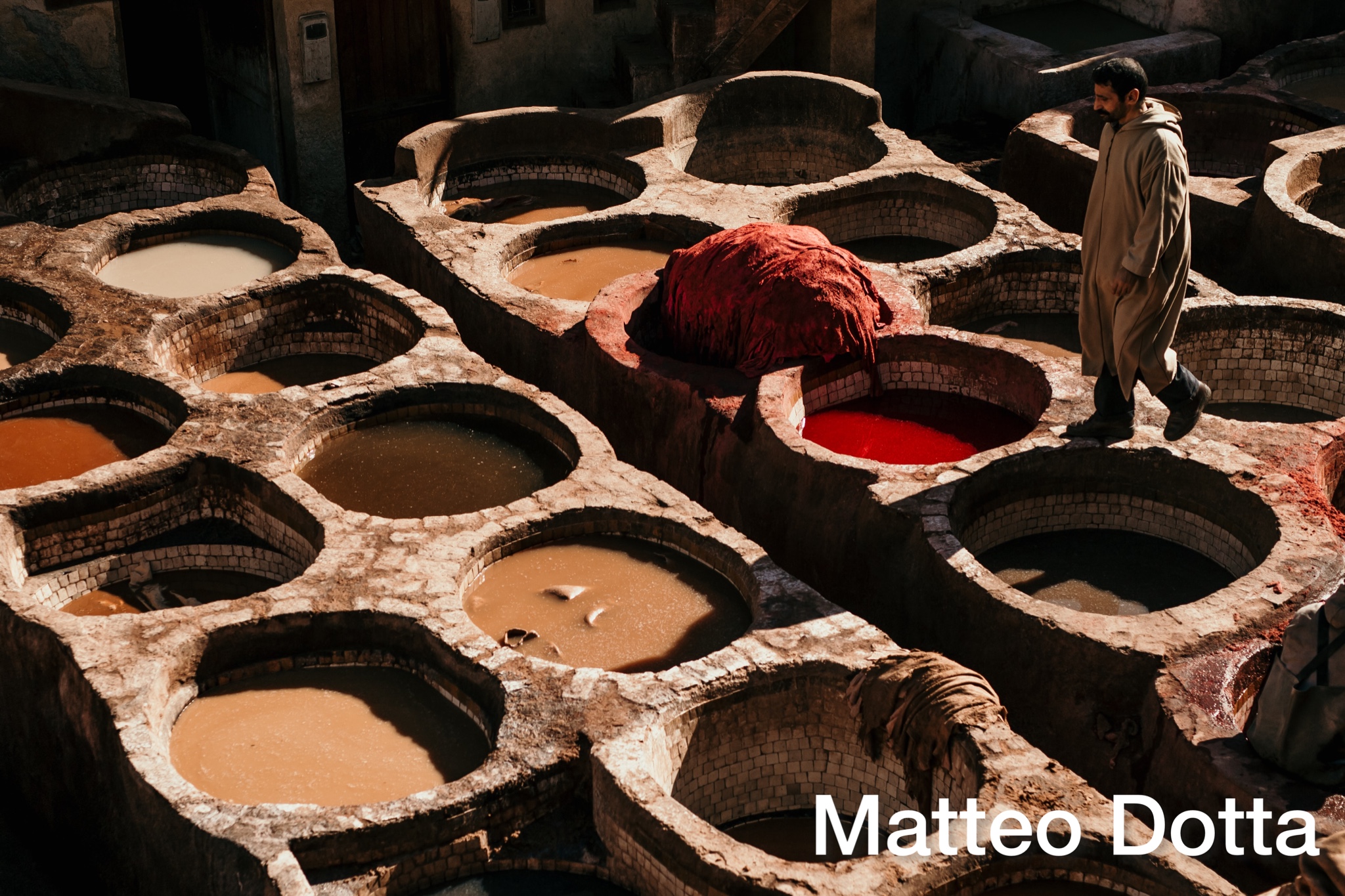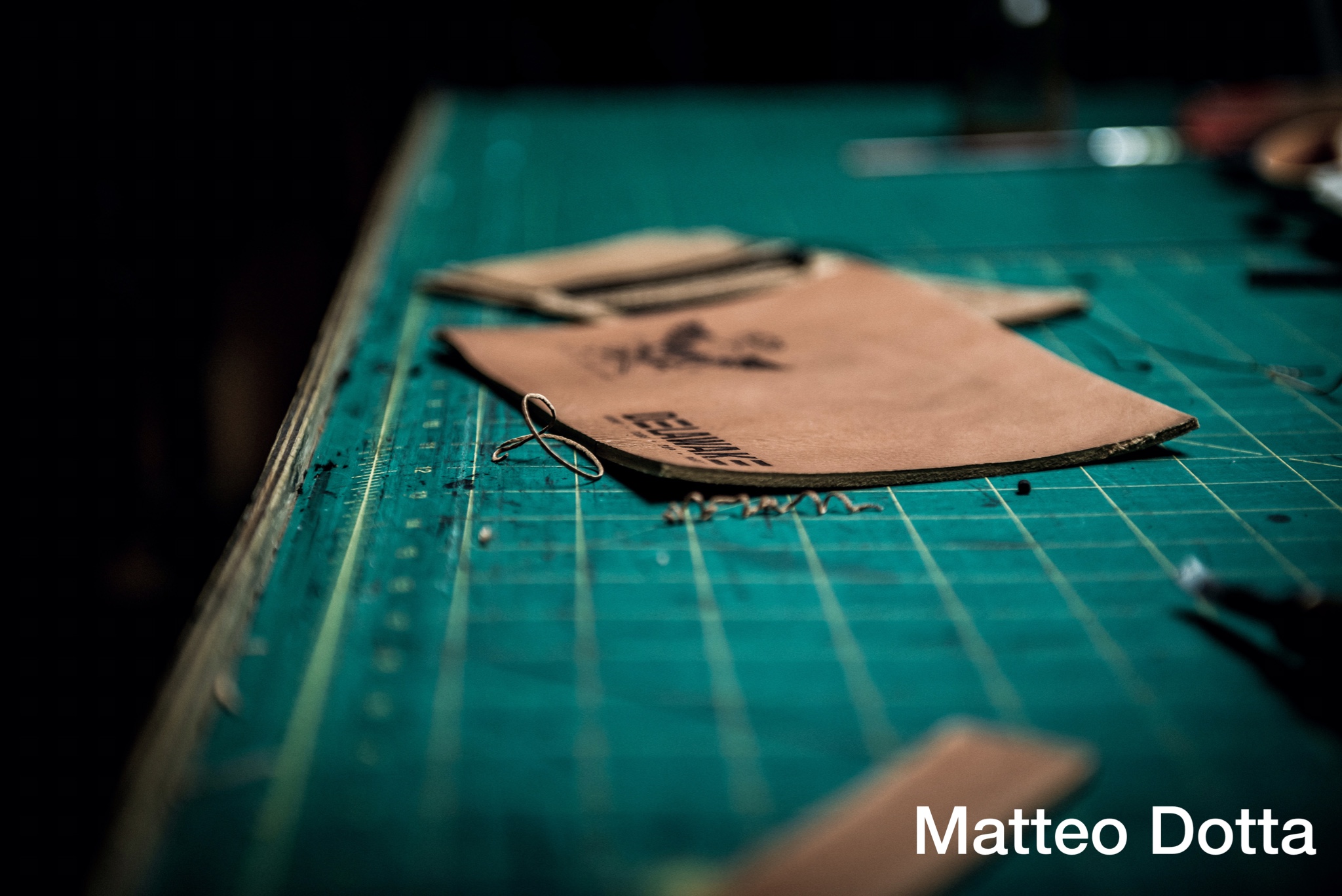To put it simply, sustainability means attention to the environment in all production processes.
- So try to minimize energy consumption and obtain it from renewable sources,
- do not use toxic dyes,
- reduce waste to the limit,
- filter any wastewater,
- use biodegradable and compostable materials … etc.
In our daily lives, we too can have sustainable behavior: turning off the lights without wasting water and the like.
Sustainability in Industry
The first distinction to be made is between sustainable companies, companies that produce sustainably, and companies that make sustainable products.
These are different things.
A sustainable company may not produce sustainably and vice versa.
Or it may produce products with a lower environmental impact but the company is not sustainable.
Companies can be sustainable if, for example, they use renewable energy and limit waste in the workplace.
But if those same companies, often based in the West, sell products made by non-certified subcontractors and not audited internally, they are ultimately not sustainable at all.
In the world of leather, there are those who produce metal-free leather (which is considered more sustainable).
But then they do not dispose of the wastewater properly or even dump it in the river.
This is an unsustainable product.
Fortunately, however, many things are changing.
Companies such as Ikea, for example, which have sustainable offices and shops, use controlled and often certified subcontractors.
How to distinguish?
If a brand/company produces in an ethical and sustainable way, it can only be proud of it.
This will certainly appear in big letters on its channels.
It is worth remembering that ethicality and sustainability do not always go hand in hand.
Ethics and Sustainability
Sustainability has become the fashion of the moment.
Everyone claims to be sustainable in some way.
But few people say who the hides are produced by, which is more about the ethical aspect of production.
If you can, don’t limit yourself to the fact that a brand calls itself sustainable. Go deep and try to understand how and where its product is made.
Also, if there are certifications on the company such as SA8000, or yarns such as GOTS or Oeko-Tex, it will certainly be flagged.
Don’t be fooled by greenwashing or organic and bio yarns, that is what many brands (fast fashion, but not only) do to divert attention from their far from ethical and sustainable production.
If the brand shows off that it has, for example, implemented a partnership with an NGO association, or that it has opened schools in Africa, etc., this is all well and good, but it is not telling you anything about its products and how they are treated, nor about the workers.
Another important thing is that if a brand, which has very low prices, talks about the fact that it launches many collections on the market every year, for example 4, it will certainly relocate production to keep prices low, with all the consequences that this entails.
Lastly, traceability is an informative feature that guarantees the origin of the garment or footwear.
Traceability communicates to the consumer a set of product characteristics and the observation of environmental and working rules in the manufacturing companies.
It usually takes the form of labeling which allows consumers to recognize the value of the goods they want to buy and its link with the territory in which it was produced.
Conclusions
Frenetic consumerism leads to a huge waste of natural resources.
So we need to rethink the economy and how it works.
Certification and traceability are key to ensuring sustainability.
If you want to learn more about certifications in the leather world:



